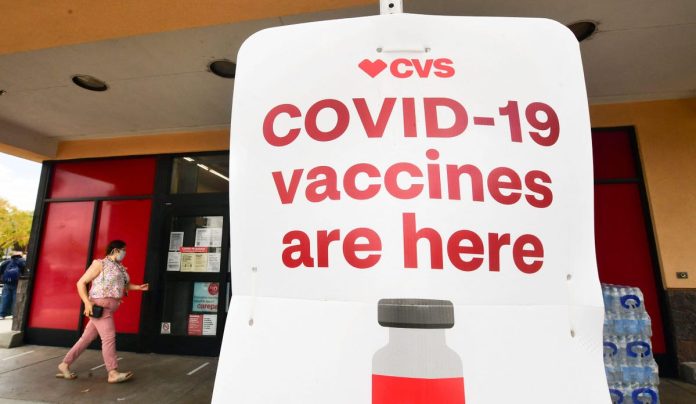A new generation of COVID booster shots are now available to most people 12 years of age and older in the U.S. The Food and Drug Administration authorized new formulations of the Moderna and Pfizer-BioNTech COVID vaccines for use as a single booster dose just a few weeks ago. That decision was quickly endorsed by an immunization advisory panel at the U.S. Centers for Disease Control and Prevention.
The updated boosters target the newer, widely spread Omicron subvariants of the COVID-causing virus, BA.4 and BA.5, as well as the early 2020 form of the microbe, known as the ancestral strain. On the week ending on September 10, BA.5 was estimated to be responsible for 87.5 percent of news infections in the U.S. This is the first change for the Pfizer and Moderna shots since they were introduced two years ago, when they contained only genetic material from the ancestral form of the virus.
Who is eligible?
About 230 million Americans are eligible for a bivalent COVID-19 vaccine booster. Pfizer’s bivalent booster is authorized for those 5 or older, while Moderna’s authorization is for patients 6 and up.
Patients must complete a primary COVID-19 vaccine series before getting the booster.
The recommendation is that people should wait at least two months from their last COVID-19 vaccine dose to get a bivalent booster. Most people eligible for a booster are at least six months from their last dose, said Dr. Fryhofer.
Should I get boosted if I’ve already had COVID-19?
Patients with a prior COVID-19 infection are eligible. But they should wait until they’ve fully recovered from acute illness and are out of isolation.
The CDC advises that it’s probably best to wait at least three months after a COVID-19 infection to get the booster. “But again, you must have completed a primary COVID vaccine series to be eligible,” noted Dr. Fryhofer.
Does the new COVID-19 booster offer better protection than past ones?
The current Omicron variants and subvariants have changed so much from the original strain that the virus is now able to evade antibodies induced by the original vaccine. This means that the original vaccine is less effective than it used to be (against infection and hospitalization).
The updated vaccines have four primary advantages when compared to the original vaccines.
Not only do you retain protection against the original strain, but they also provide better protection against the currently circulating strains (BA.4 and BA.5). It is theorized that the updated boosters will induce a broader immune response that is expected to produce better protection against future variants and provide a boost to ensure you have updated immunity.
What can you do to get a booster appointment? You have several options:
1. Book an appointment through your medical provider
2. Go to your county’s vaccination site
3. Book an appointment through CVS website
4. Book an appointment through your local pharmacies















